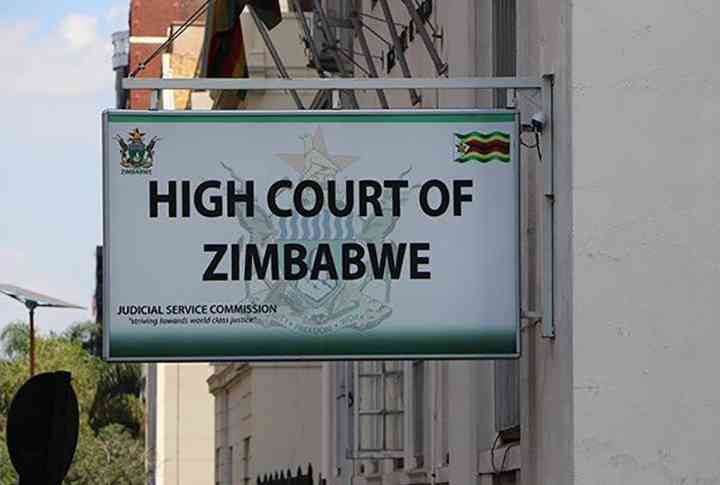
ZIMBABWE’s continuing “indigenisation” programme has been singled out by economic observers as the underlying reason for the exclusion of Barclays Zimbabwean unit from the merger of the group’s African operations with those of Absa Group, in a deal valued at $2,1bn (R18bn).
Report by BD Live
Indigenisation and Empowerment minister Saviour Kasukuwere has been on the warpath against the country’s four foreign-owned banks — Barclays Zimbabwe, Nedbank’s MBCA Bank, Standard Bank’s Stanbic and Standard Chartered — and last year indicated his ministry’s intention to take up a 51% controlling stake in the foreign-owned banks.
Economic observers have expressed concern that the move would hurt recovery prospects in the volatile banking sector. Economist Eric Bloch said the exclusion of Barclays Zimbabwe exposed the “fear and wait-and-see approach” being adopted by foreign investors, as a result of the indigenisation programme.
“All this showcases the level of anxiety among investors. They don’t have the assurance that their investments are safe in Zimbabwe and as a result the country is losing out on billion-dollar transactions,” Bloch said.
Zimbabwe National Chamber of Commerce chief economist Kipson Gundani said: “The specifics as to why Zimbabwe was avoided could differ, but this is typical of the way investment has been flowing into the country.
“The indigenisation programme has generated high risk in the country, which is either real or imagined.”
However, Barclays Zimbabwe marketing and corporate affairs head Dennis Mambure downplayed the fear that the local banking unit had become an “outcast” as a result of the indigenisation programme and said that its contribution to Barclays was significant and would not be affected by developments in other operations.
- Chamisa under fire over US$120K donation
- Mavhunga puts DeMbare into Chibuku quarterfinals
- Pension funds bet on Cabora Bassa oilfields
- Councils defy govt fire tender directive
Keep Reading
It is understood that when Barclays and Absa finalise the merger, Barclays Zimbabwe will be managed under the One Africa Structure, as the merger kicks off in the first half of this year.
Mambure said the Zimbabwe unit would not suffer any noticeable effect on its operations as a result of the exclusion. Kasukuwere did not return calls seeking a response to queries on the status of Barclays Zimbabwe’s indigenisation proposal and exclusion from the merger over empowerment laws.
The indigenisation programme is set to be the cornerstone of President Robert Mugabe’s push to extend his 32-year grip on power as elections are expected this year.
Key sectors such as tourism, motoring and mining remain targets of the indigenisation programme.
In the merger, Absa Group bought Barclays’ operations in Botswana, Ghana, Kenya, Mauritius, the Seychelles, Tanzania, Uganda and Zambia.
Under the African deal, Barclays, which already owns a majority stake in Absa, will raise its interest to 62,3% from 55,5%. The Absa Group will be renamed to Barclays Africa Group Limited to reflect the enlarged portfolio and pan-African focus of the business.











